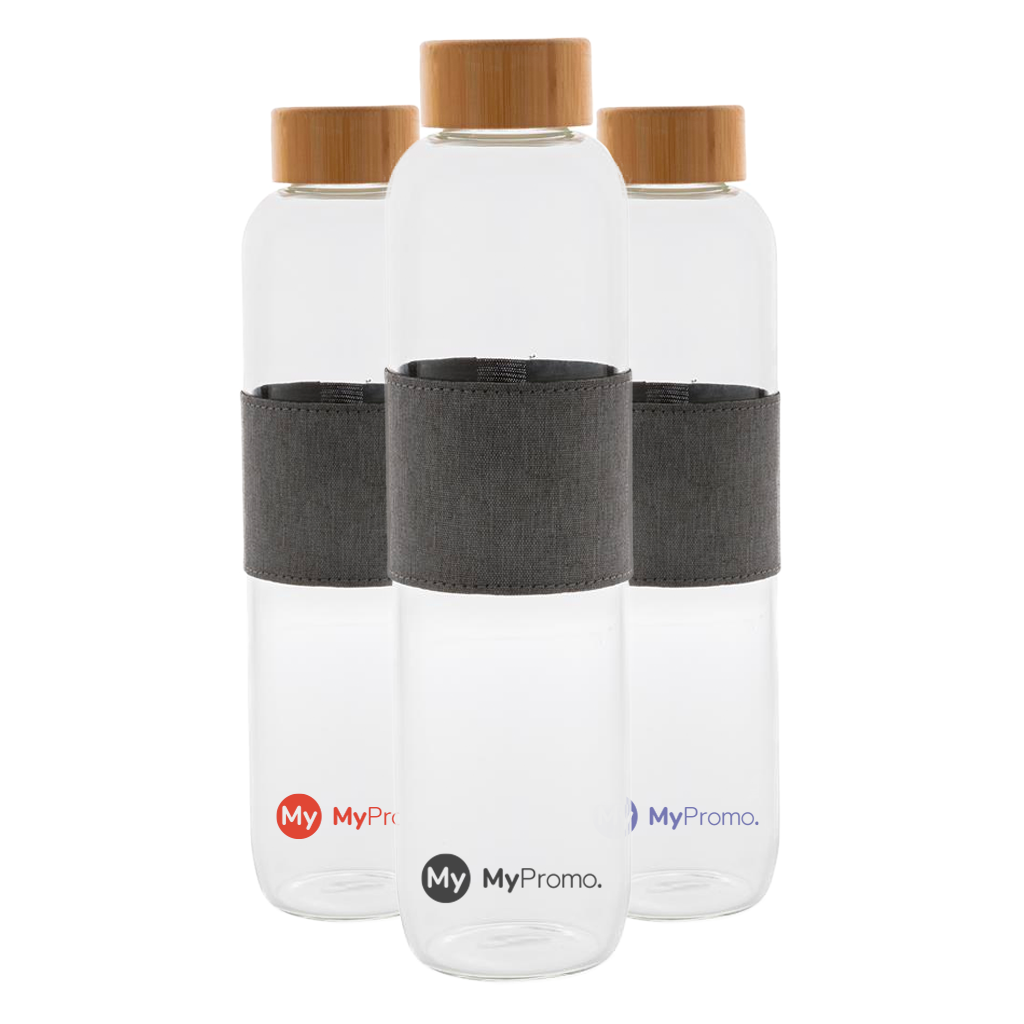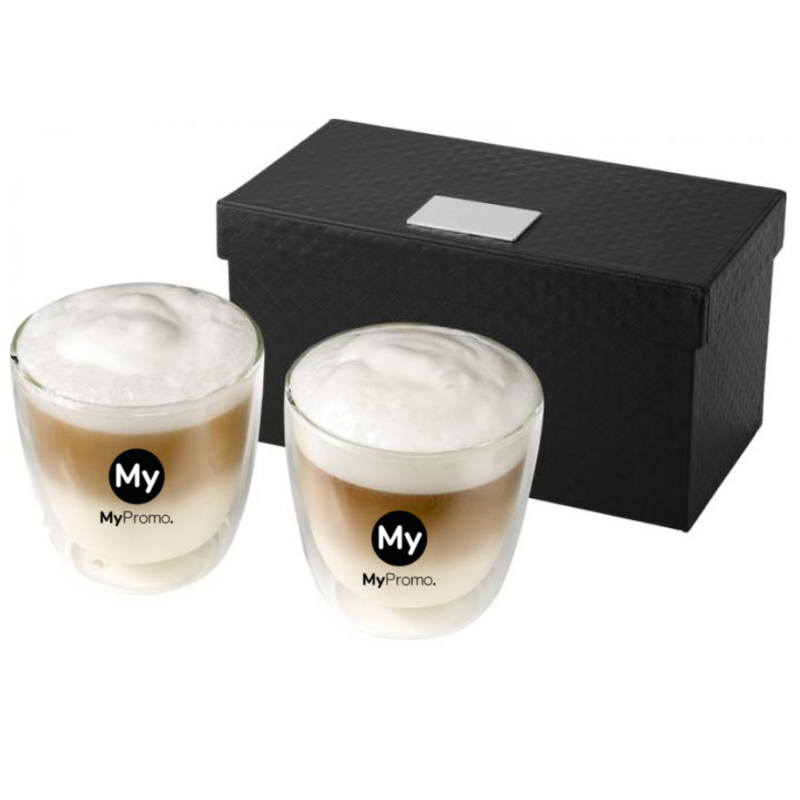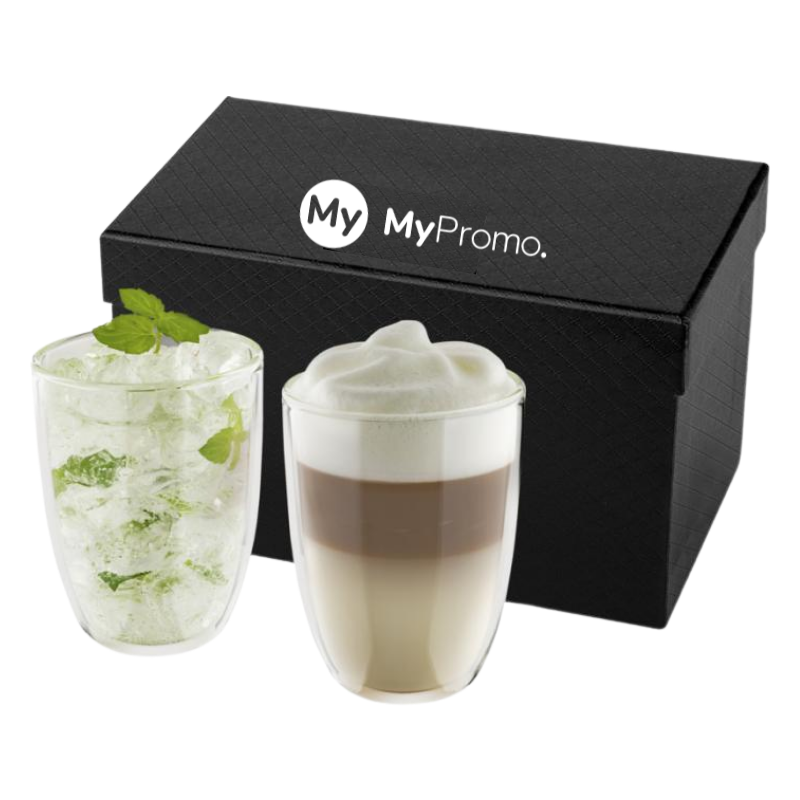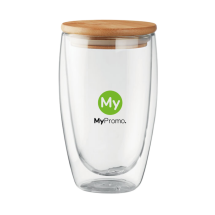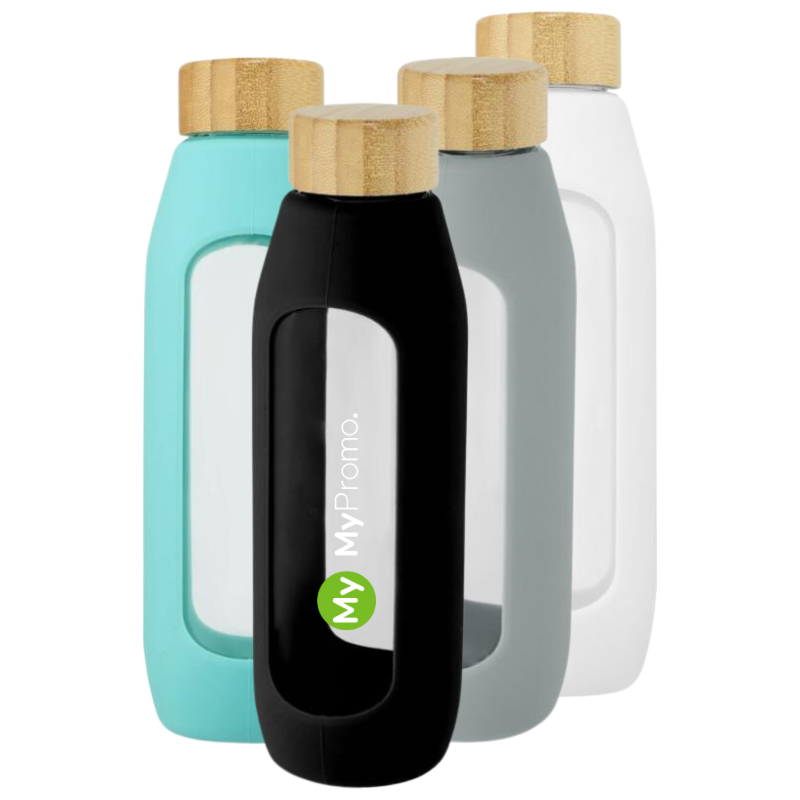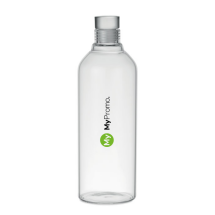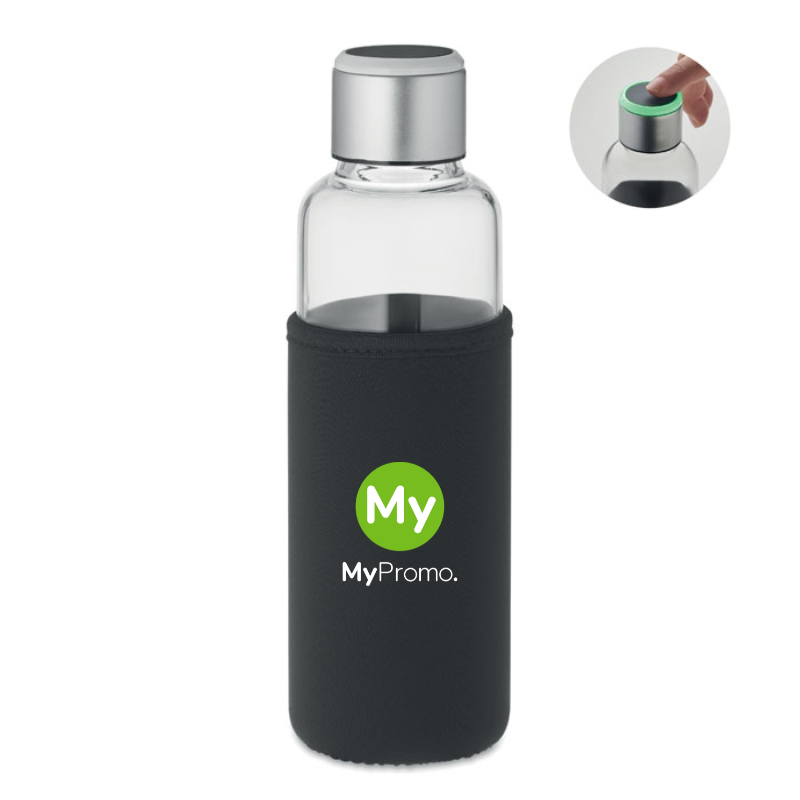Borosilicate glass
What is Borosilicate Glass?
What is borosilicate glass? Borosilicate glass is a type of glass known for its durability and resistance to thermal shock. It is mainly composed of silica and boron trioxide. Developed in the late 19th century, it has become essential in various industries, including manufacturing and promotional gifts, due to its unique properties. This glass is produced by melting silica sand, boric oxide, soda ash, and alumina at high temperatures, then cooling and shaping the mixture into various forms. Its ability to withstand significant temperature changes without cracking makes it superior to regular glass, offering enhanced reliability and longevity in numerous applications.
The Remarkable Properties of Borosilicate Glass
Borosilicate glass is celebrated for its high thermal resistance, enduring extreme temperature fluctuations without breaking, making it ideal for laboratory glassware and kitchenware. It is also highly resistant to chemical corrosion, ensuring it remains clear and unstained even after prolonged use with reactive substances. Known for its mechanical strength, borosilicate glass is less likely to break upon impact compared to regular glass, extending the lifespan of products made from it. Additionally, its clarity provides excellent visibility for various applications, from scientific instruments to decorative and promotional items.
Applications and Notable Examples
Borosilicate glass is used in various applications due to its exceptional properties. In the kitchen, it is found in bakeware, cookware, and storage containers, valued for its thermal resistance. In laboratories, it is essential for beakers, test tubes, and other instruments that need to withstand high temperatures and corrosive chemicals. For promotional products, borosilicate glass is ideal for personalised items like personalised water bottles, personalised glassware, and decorative pieces, offering durability and aesthetic appeal.
The Advantages of Using Borosilicate Glass in Manufacturing
Using borosilicate glass in manufacturing offers numerous benefits. Its high thermal resistance makes it suitable for products exposed to temperature extremes, reducing breakage risks. Chemical resistance ensures products remain clear and clean over time, maintaining their aesthetic appeal. The durability of borosilicate glass results in longer-lasting products, reducing the need for frequent replacements and offering better value for consumers. Compared to other materials, borosilicate glass stands out for its unique combination of properties, remaining stable and safe, making it a superior choice for many applications.
Potential Challenges and Limitations
Despite its many advantages, borosilicate glass is not without challenges. The primary limitation is its cost, as the production process is more complex and expensive than that of regular glass. Additionally, while more durable than standard glass, borosilicate glass can still break if subjected to extreme mechanical force. Another consideration is the weight; borosilicate glass is heavier than plastic, which might be a factor in specific applications where lightweight materials are preferred.
Common Applications of Borosilicate Glass
| Application | Example Products |
|---|---|
| Kitchenware | Bakeware, Cookware, Storage Containers |
| Laboratory Equipment | Beakers, Test Tubes, Scientific Instruments |
| Promotional Products | Water Bottles, Coffee Mugs, Decorative Items |
What makes borosilicate glass different from regular glass?
Borosilicate glass contains boron trioxide, which gives it superior thermal and chemical resistance compared to regular glass.
Can borosilicate glass withstand high temperatures?
Yes, borosilicate glass can withstand extreme temperature changes without breaking, making it ideal for applications involving high heat.
Is borosilicate glass safe for food and drink storage?
Absolutely. Borosilicate glass is non-toxic and resistant to leaching, making it safe for food and drink storage.
Why is borosilicate glass preferred in laboratories?
Its high thermal and chemical resistance makes it suitable for handling volatile substances and undergoing rapid temperature changes in laboratory settings.
Are there any drawbacks to using borosilicate glass?
While borosilicate glass is highly durable and resistant, it is more expensive to produce and heavier than some alternative materials like plastic.
